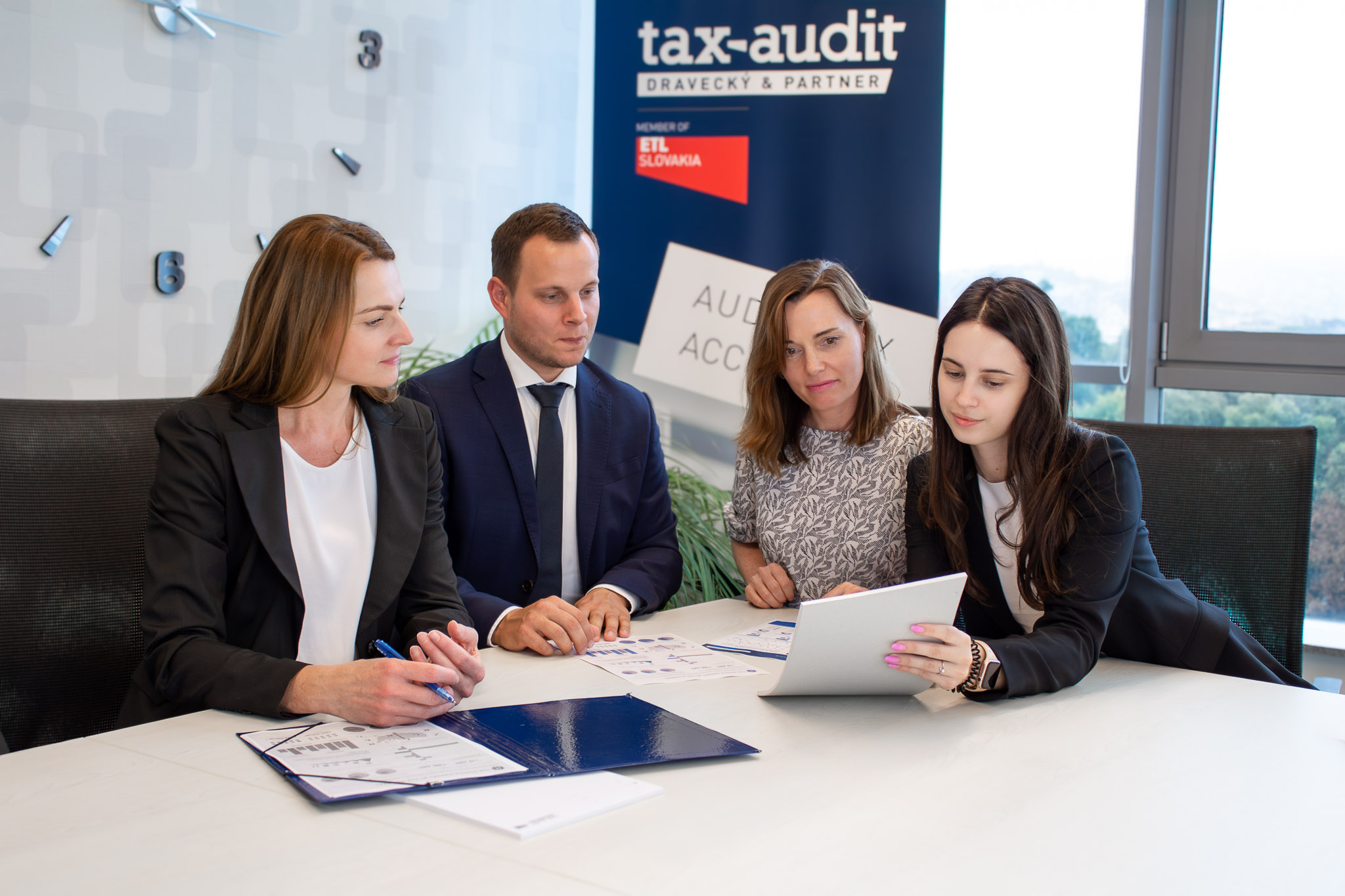Effective from 1 January 2025, Act No. 251/2024 Coll. introduces new rules for the taxation of sweetened non-alcoholic beverages. This act establishes tax obligations for business entities, defines the subject of taxation, tax rates, and the responsibilities of taxpayers. Below, we provide a detailed explanation of what this new law entails and the steps taxable persons must take to prepare for these changes.
Effective from 1 January 2025, Act No. 251/2024 Coll. introduces new rules for the taxation of sweetened non-alcoholic beverages. This act establishes tax obligations for business entities, defines the subject of taxation, tax rates, and the responsibilities of taxpayers. Below, we provide a detailed explanation of what this new law entails and the steps taxable persons must take to prepare for these changes.
What is the Subject of Taxation?
The taxation of sweetened non-alcoholic beverages under the Tax on Sweetened Non-Alcoholic Beverages Act.
Definition of Sweetened Non-Alcoholic Beverages:
- Packaged sweetened non-alcoholic beverages for direct consumption containing added sugar or sweeteners and classified under the Combined Nomenclature codes 2009, 2202 10 00, 2202 91 00, or 2202 99 19. This includes any other packaged sweetened non-alcoholic beverage for direct consumption with added sugar or sweeteners if it also contains coffee, tea, or their substitutes. Excluded are:
- Sweetened non-alcoholic beverages that are infant formula, follow-on formula, food for special medical purposes, or total diet replacement for weight control under specific regulations,
- Sweetened non-alcoholic beverages that are medicines or dietary supplements.
- Packaged concentrated substances containing added sugar or sweeteners requiring preparation before consumption as sweetened non-alcoholic beverages by adding water, ice, carbon dioxide, milk, or plant-based milk substitutes. These are considered sweetened non-alcoholic beverages if they fall under the first point after preparation. Excluded are medicines or dietary supplements.
- Packaged sweetened non-alcoholic beverages or concentrated substances from points 1 and 2 that contain caffeine from any source exceeding 150 mg/l.
Who is Subject to the Tax and When Does the Tax Obligation Arise?
The tax is paid by business entities making the first supply of sweetened non-alcoholic beverages in the domestic market, which is included in the price of the beverage.
Tax Obligation Arises:
- On the day the sweetened non-alcoholic beverage is supplied domestically,
- On the day the sweetened non-alcoholic beverage is acquired from abroad for the first supply in the domestic market.
In the first case, the taxpayer is typically the beverage manufacturer. In the second case, it could be any business entity acquiring the beverage from abroad and making its first supply in the domestic market.
For the purposes of determining the tax obligation, it is irrelevant whether the first supply is for consideration or free of charge.
What is the Tax Base?
The tax base is the quantity of sweetened non-alcoholic beverages in liters or kilograms.
What Are the Tax Rates?
- €0.15/liter:
- Packaged sweetened non-alcoholic beverages for direct consumption with added sugar or sweeteners, including those containing coffee, tea, or their substitutes, milk, or plant-based alternatives.
- Packaged concentrated substances requiring preparation before consumption with added sugar or sweeteners.
- €1.05/liter:
- Packaged concentrated substances with added sugar or sweeteners sold by volume for preparation as sweetened non-alcoholic beverages.
- €4.30/kilogram:
- Packaged concentrated substances with added sugar or sweeteners sold by weight without preparation instructions on the label.
- €0.30/liter:
- Packaged sweetened non-alcoholic beverages and concentrated substances containing caffeine exceeding 150 mg/l, sold by volume.
- €2.10/liter:
- Packaged sweetened non-alcoholic beverages and concentrated substances containing caffeine exceeding 150 mg/l, sold by volume.
- €8.60/kilogram:
- Packaged sweetened non-alcoholic beverages and concentrated substances containing caffeine exceeding 150 mg/l, sold by weight without preparation instructions on the label.
What Are the Obligations of the Taxpayer?
- Registration and Notification Obligation: Within 5 days of the first tax obligation.
- Record-Keeping: Maintain records to correctly determine the tax.
- Tax Returns: The tax period is a calendar month. Taxpayers must file a return by the 25th of the month following the taxable period, along with payment of the tax.
Measures to Prevent Stockpiling Before 31 December 2024
Taxable persons required to prepare audited financial statements for the period immediately preceding the effective date of this law must conduct an inventory of sweetened non-alcoholic beverages acquired between 1 July 2024 and 31 December 2024.
Any positive difference between beverages acquired during this period and 1.25 times the amount acquired in the same period of the previous year (1 July 2023 to 31 December 2023) is considered first supplied in the domestic market on 1 January 2025.
Tax Obligation:
- Tax on this positive difference arises on 31 March 2025.
- The tax return and payment are due by 25 April 2025, accompanied by the inventory report from 31 December 2024.
Be the first to know about the latest information from the world of taxation, accounting and auditing.













































